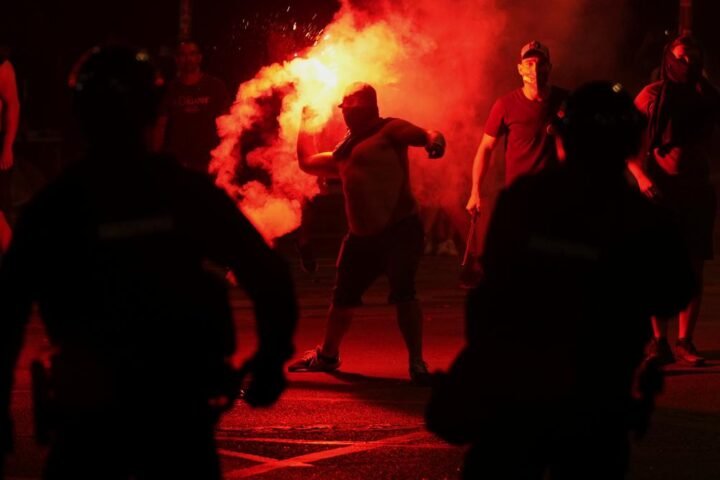In mid-September, Russian authorities advanced a draft law designed to tighten punishment for disobedience, desertion and loss of military equipment. The amendments to Articles 332, 338 and 348 of the Criminal Code would raise the maximum sentence to 20 years in prison for refusing orders, abandoning positions or misplacing a weapon. While still under review, the proposal highlights Moscow’s deepening concerns over a military struggling with discipline and morale.
Tens of thousands abandon their posts
Leaked internal reports from the Defense Ministry indicated that by December 2024 the Russian army had recorded over 50,000 cases of unauthorized absence. If current trends have continued, that figure could climb to 70,000–80,000 by October 2025. The scale suggests not isolated incidents but a systemic crisis impossible to conceal.
By May 2025, military courts had registered more than 20,000 cases against servicemen refusing to fight, most for unauthorized leave. Judges overwhelmingly handed down suspended sentences, sending soldiers back into service, often to so-called assault units where survival chances are minimal. For the Kremlin, legal consistency appears secondary to maintaining troop numbers at the front.
The rise of the “500s”
Within the ranks, deserters are informally known as “500s.” They include ex-prisoners lured with early release, new contract recruits seeking quick money, and exhausted veterans who have lost hope of returning home. Some feign illness, inflict self-harm, bribe commanders or simply never return from leave. Each story reflects the same underlying truth: soldiers are increasingly unwilling to die for a war they no longer believe in.
Brutal hunt for deserters
Officially, the military police are tasked with catching deserters. In practice, fellow soldiers often take on the role, tracking absentees through social media, visiting their hometowns and pressuring families. In combat zones, desertion is punished more severely. Runaways are pursued with drones, captured, beaten, tortured and sometimes forced to record staged confessions. Videos circulating online show troops tied to trees or thrown into pits; in some cases, deserters never return, with death serving as the final sentence from their commanders.
Fear and collective punishment spread
Commanders also resort to collective penalties. If one soldier deserts, entire units can lose leave privileges or face increased combat assignments. The army becomes an environment of fear, where trust erodes and cohesion breaks down.
A mirror of the war’s unraveling
The phenomenon of the “500s” reflects the crumbling state of the Russian military. The Kremlin projects an image of patriotic resolve, yet tens of thousands of troops are choosing flight over death on foreign soil. Beyond undermining battlefield capacity, the desertion crisis threatens internal stability: every new law, pit or act of torture deepens soldiers’ reluctance to fight.
Russia’s leadership faces a stark choice: escalate repression at the risk of fracturing the army from within, or acknowledge that its soldiers are unwilling to sacrifice themselves for imperial ambitions. The longer Moscow insists on control, the deeper it sinks into its own crisis.








